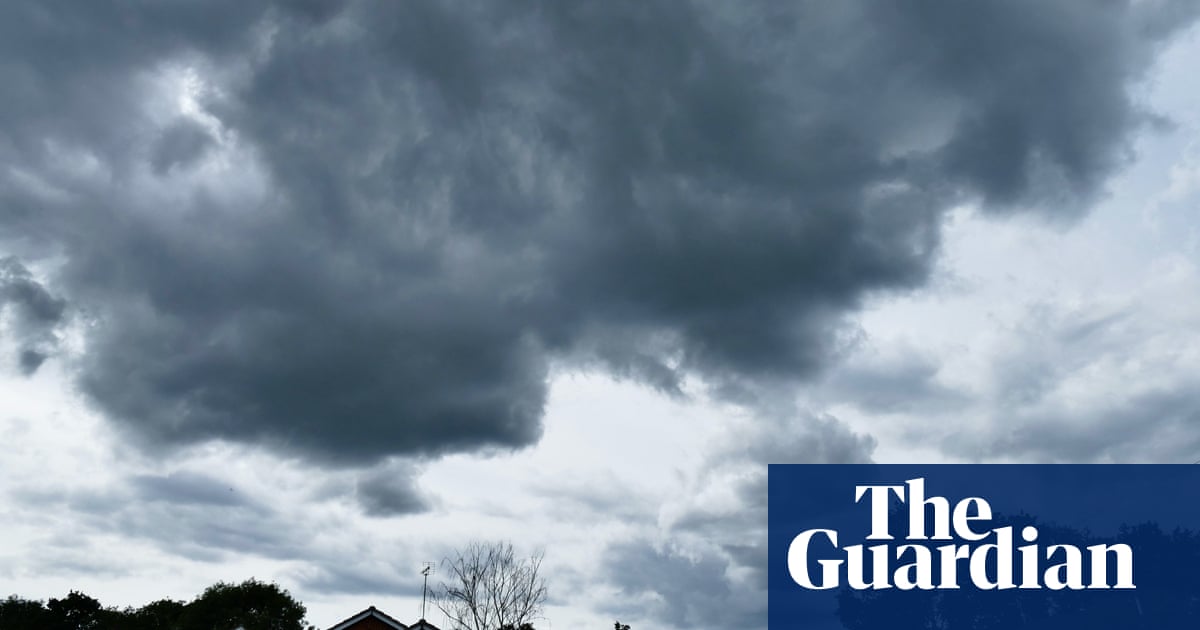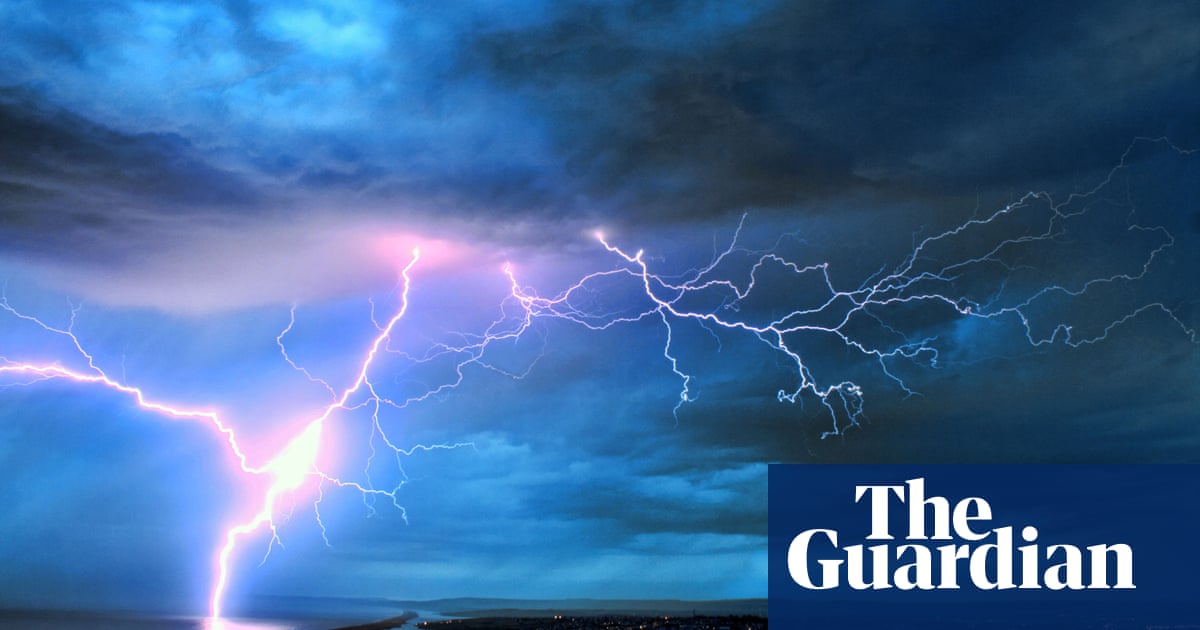
The UK experienced its sixth wettest July on record last month and Northern Ireland its wettest ever July, Met Office figures show.
Forecasters have warned there will be more torrential downpours and thunderstorms on Wednesday owing to an unseasonably deep area of low pressure crossing Britain.
The UK had an average of 140.1mm of rain last month, the sixth highest total for July since records began in 1836, according to provisional data.
The year 1988 holds the record for the UK’s wettest July, with an average of 150.5mm of rain.
Northern Ireland had an average of 185.4mm of rain last month, just above the previous record of 185.2mm set in July 1936.
The succession of low pressure systems resulting in long periods of damp and windy weather in much of the country was in sharp contrast to July 2022, when there were heatwaves and temperatures as high as 40.3C.
Some parts of England also set new rainfall records, with Greater Manchester, Lancashire and Merseyside all recording their wettest July.
Mike Kendon, from the Met Office, said: “It has been a significantly wet month for much of the UK, particularly for those in Northern Ireland.
“The jet stream has been shifted to the south of the UK for much of the month, simultaneously allowing extreme heat to build in southern Europe for a time, but also allowing a succession of low pressure systems to influence the UK, with long periods of winds and rain that many more typically associate with autumn weather.”
July was slightly cooler than usual with a mean temperature across the month of 14.9C, 0.3C below the average for the period 1991-2020.
By contrast, it was the warmest June on record, with a mean temperature of 15.8C in the UK, 2.5C higher than average.
Umbrellas and anoraks will be required on Wednesday with a yellow weather warning issued for strong winds across southern parts of England from 4am until 6pm.
There is also a yellow weather warning for thunderstorms across parts of Wales and England from 9am until 7pm on Wednesday.
The Met Office said Wednesday would bring a mix of rain and showers with some very strong winds, in particular for the south and south-western coasts of England.
The recent wet and unsettled weather has helped river, reservoir and groundwater levels recover in much of the country, according to Sam Larsen, director of programmes and planning at the industry body Water UK.
Larsen added: “However, there are still areas in drought or that have experienced prolonged periods of dry weather, and climate change is changing the weather patterns that we all rely on for water.”
In stark contrast, several cities across Europe have seen temperatures surpass 40C in recent weeks. Areas of Greece, France and Spain have been enduring extreme temperatures, with reports of tourists collapsing in Greece and Italy, and an outdoor worker dying near Milan.












